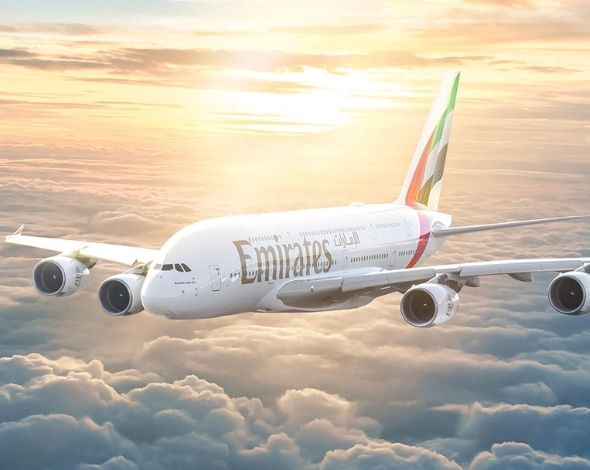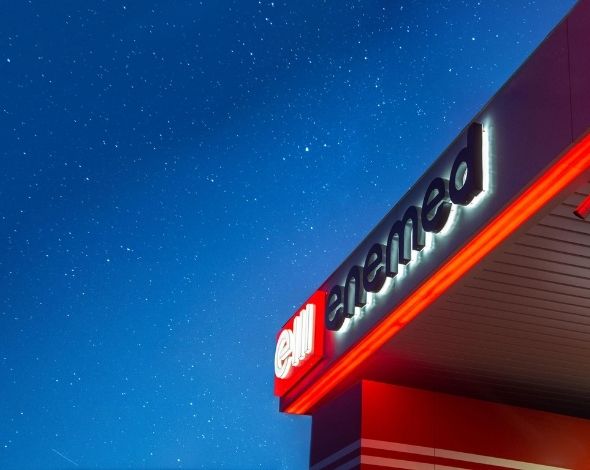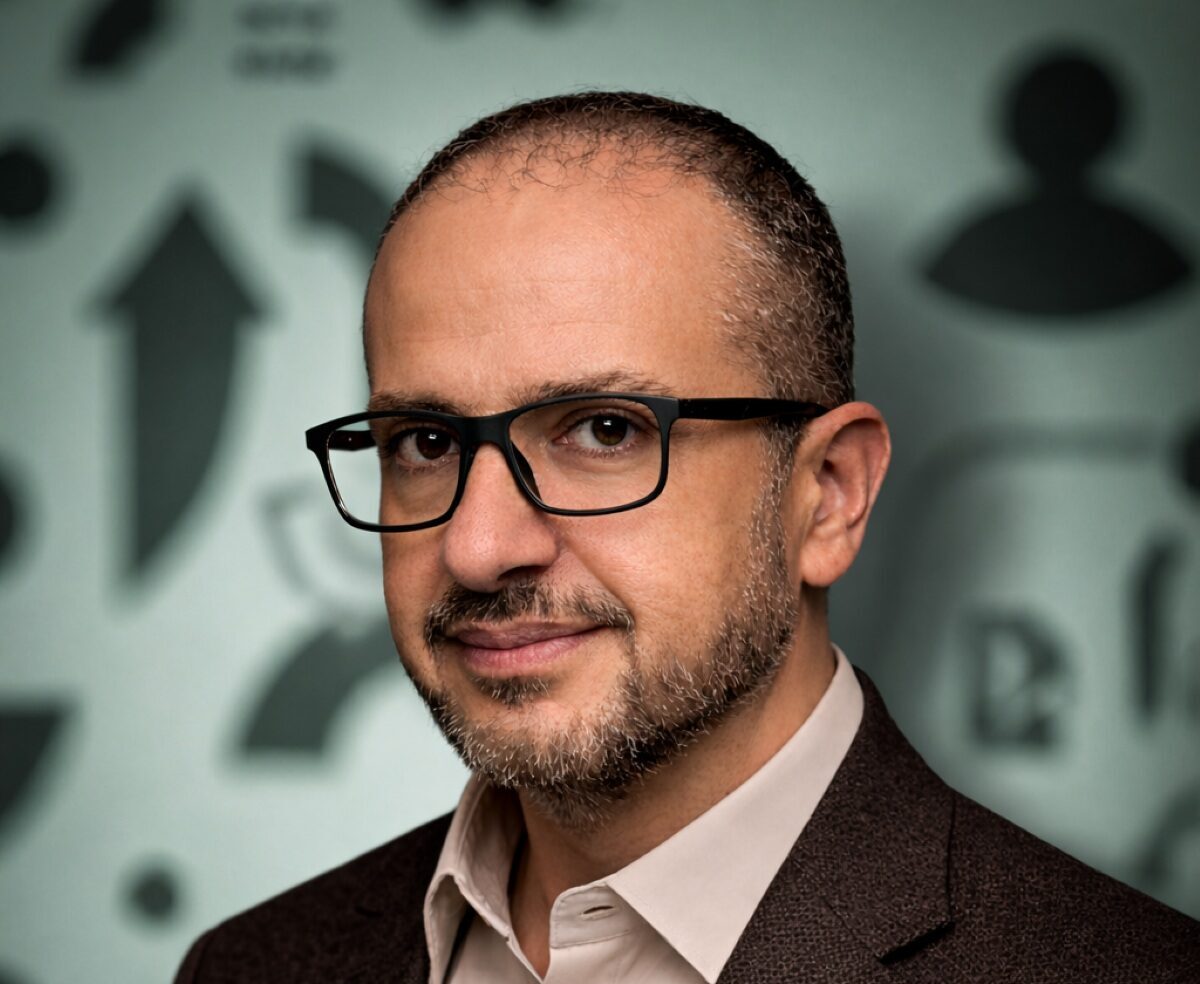The ordeals many Maltese businesses are going through to find employees have long been making headlines, but for one local cleaning company, the situation borders on the tragi-comic.
JL Cleaning, started by entrepreneur Jean-Luc Micallef as part of his JL Group, which includes JL Properties and G Hotel by JL, shortly before the pandemic threw the world in turmoil, has been trying to engage foreign workers since November 2019, sending hundreds of applications at a cost of over €50,000.
However, to date, only a handful have arrived, landing in Malta in November 2021 – a full two years after the international recruitment process was kicked off.
BusinessNow.mt reached out to Mr Micallef to better understand how a company could spend so much time and effort for such meagre results. His comments paint a picture of a dire situation, lending weight to the SME Chamber’s warning, issued two weeks ago, that the visa-processing deadlock is costing the Maltese economy “millions”.
He explains that his company first approached Identity Malta to obtain Approval in Principle Letters for a number of workers from the Indian subcontinent before COVID-19 ever made headlines. These approved workers were not granted a visa by the time international travel was shut down after the onset of the pandemic, leading to a “struggle” with the agency to renew the approvals, which are valid for a six-month period.
“We were offered a renewal or a refund,” he says. “We need workers, not a refund, so we chose the extension.” However, the pandemic lasted longer than many initially thought.
Attempts to get the approvals extended again in light of the particular global circumstances did not bear fruit, making those approvals worthless.
As the economy started picking up again in 2021, Mr Micallef tried once again to find workers in foreign labour markets, willingly paying the €280.50 per application in his determination to find the necessary human resources to meet the demands of JL Cleaning’s growing hospitality clientele, which were seeing a rebound in fortunes thanks to the rollout of the COVID-19 vaccine and relaxed travel restrictions.
By then, Malta’s High Commission in New Delhi, which processes visa applications by Indian, Pakistani, Sri Lankan, Nepalese, Maldivian, and until very recently, Bangladeshi citizens, had engaged Visa Facilitations Services Global, better known as VFS Global, to handle the ever-growing number of applicants.
VFS Global’s approval lasts for 180 days with no possibility to renew. The company makes it clear to applicants that no exceptions would be granted in any case, notwithstanding the uncertainty caused by the pandemic.
Mr Micallef says, matter-of-factly, that local businesses like his own “have no option” but to apply.
The pandemic’s retreat in 2022 brought no respite, as a large backlog had been accumulated. Meanwhile, allegations of corruption and bribery at VFS Global continued to build, both in its Malta-linked operations and those on behalf of other governments.
VFS Global was founded in 2001, and has since then grown into a €2.2 billion company with offices in 147 countries. Headquartered in Dubai, the visa-processing giant handles some 25 million applications a year, and counts the governments of countries like the UK, Germany, Australia and Canada as its clients, according to Finance Uncovered, which outlined some of the firm’s “abusive” practices.
For Maltese businesses, the situation has left them close to breaking point. Back in December 2021, applicants were being told that the closest available appointment was in April 2022. Meanwhile, those applying today do not even get any indication of the next available slot. Instead, they get a message reading, “No slots available for the Appointment Category”.

A recruitment agent however said that the next available appointment is in February 2023.
This means that anyone getting an approval today will certainly see it expire before even making it to the appointment.
“We are simply paralysed,” Mr Micallef says, echoing the SME Chamber’s words: “The visa processing system is archaic, lacks transparency and falls short, by far, of sufficient resources to handle the pressures required. This part of the process in applying for a work or study visa has paralysed the whole system.”
In its statement, the SME Chamber said: “Businesses have lost complete trust in the contracted appointment management system which is plagued by abuse from the numerous reports received regularly by businesses and visa applicants alike.”
In April, CEO of the SME Chamber Abigail Agius Mamo, encouraged employers to look at different source markets for labour, highlighting examples like Albania, Tunisia and South America.
The Ministry for Foreign Affairs has meanwhile pledged to hire more staff at the High Commission in India in a bid to improve the costly delays.
Asked whether all the costs sunk into these attempts could have been better spent raising wages and hiring Maltese and European staff, however, Mr Micallef is quick to dismiss the idea, asking pointedly, “Would you hire us if the cost of a cleaner was €20 an hour?”
He added that raising prices is akin to shooting yourself in the foot, killing off customer interest and eliminating any hope of having a successful business.
“Higher wages means high prices,” he says. “How willing, how prepared, how capable are people to pay a lot more for services they are used to getting at a particular price?”
Have you had a similar or even worse experience trying to source labour? Reach out, we want to know!
Emirates operating reduced flight schedule as more Malta flights cancelled
The airline is operating a reduced flight schedule until further notice
Enemed says Iran war not expected to disrupt Malta’s fuel supply
Enemed’s suppliers source fuels from the Mediterranean, normally from European countries
The Remarkable Collective welcomes Joseph Bonanno
Strengthening strategy and compliance with seasoned leadership






